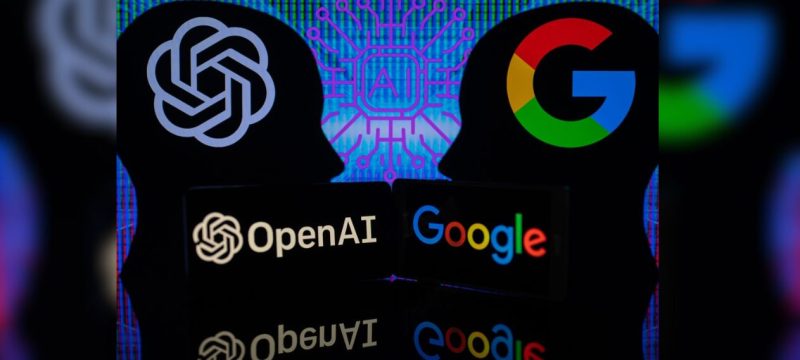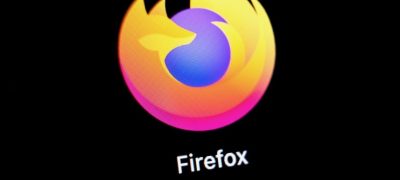OpenAI has unveiled an upgrade to its ChatGPT service, expanding its AI-powered web search to all users, intensifying the competition with Google’s long-standing dominance in the search engine industry. Previously exclusive to paying subscribers, this new feature now allows free users to access real-time information from across the internet.
The new search functionality enables ChatGPT to provide quick, up-to-date responses with links to relevant web sources, a feature once dominated by traditional search engines like Google.
Read more: Musk’s Early Push for OpenAI For-Profit Model Revealed Amid Legal Battle
Kevin Weil, OpenAI’s Chief Product Officer, confirmed in a YouTube video that this search feature would be available globally to all logged-in free users of ChatGPT.
The interface is similar to Google’s search results but with a cleaner, ad-free design. It also resembles Perplexity, an AI-powered search engine that offers a conversational version of Google’s results, citing sources for transparency. Adam Fry, the product lead, explained that this upgrade integrates real-time information from the web to improve the ChatGPT experience.
This development marks a significant milestone in OpenAI’s mission to expand its AI capabilities. By adding web search to ChatGPT, OpenAI has enhanced the chatbot’s utility, allowing users to manually activate the search feature or have it enabled by default. The integration addresses a major limitation of AI chatbots, which previously couldn’t provide real-time data due to data cutoffs.
Additionally, the integration of web search highlights the growing collaboration between OpenAI and Microsoft, a key investor. Microsoft is working to expand its Bing search engine to challenge Google, and this new feature could strengthen ties between the two companies.
OpenAI’s CEO, Sam Altman, aims to position the company as a major internet player, as evidenced by its $157 billion valuation and investments from Microsoft, SoftBank, and Nvidia.









